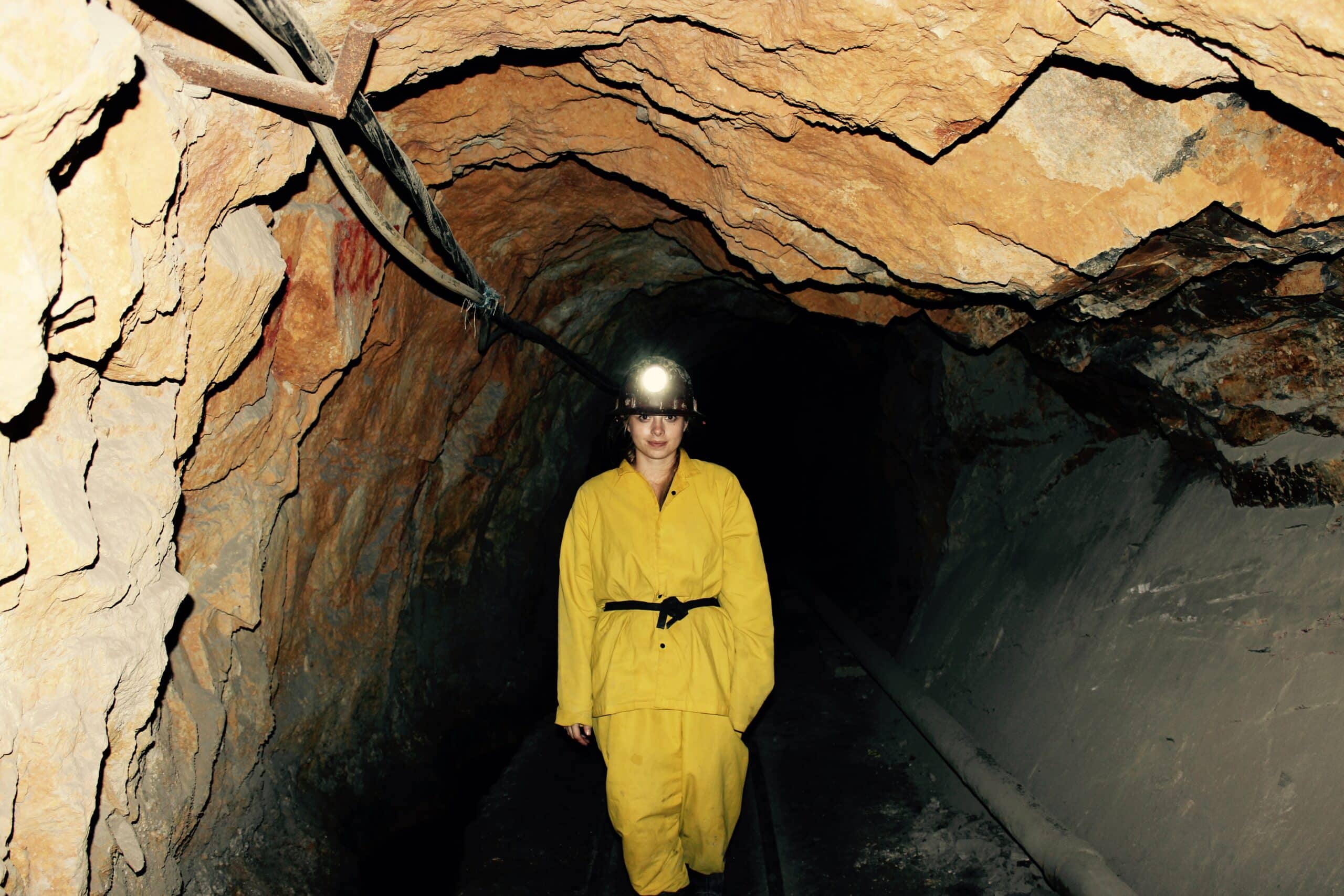Cerium is used in light bulbs, televisions, and ovens. Dysprosium is used in wind turbines, electric cars, and nuclear reactors. Europium is used in lasers. But wait a minute — what the heck are all these things and why are we suddenly talking about them?
Earth’s hidden gems
If you’ve never heard of rare earth minerals, you are not aware there is now a covert war going on out there. But here’s the gist: Just 17 elements are key players in high-tech products like smartphones, wind turbines, electric cars, and military gear. What would we do without them, suddenly? That’s a fate no one is prepared for right now. China has been hogging the spotlight, producing over 90% of the world’s supply. Basically, everybody scrambling to reduce their dependence. It’s like a secret race for control of these precious minerals.

Underground rivalry
If access to rare earth minerals were to be severely limited or cut off, it would likely have a significant impact on many high-tech industries. Some of the specific consequences could include:
- Difficulty in producing a wide range of high-tech products: Rare earth minerals are used in the production of many high-tech products, such as smartphones, wind turbines, electric cars, and military equipment. Without access to these minerals, the production of these products would become more difficult, and their prices could increase.
- Reduced efficiency in renewable energy production: Many renewable energy technologies, such as wind turbines and solar panels, rely on rare earth minerals for their production. Without access to these minerals, the production of these technologies would become more difficult, and their efficiency could be reduced.
- Difficulty in producing advanced military equipment: Rare earth minerals are used in the production of many advanced military technologies, such as missile guidance systems, radar systems, and night vision goggles. Without access to these minerals, the production of these technologies would become more difficult, and their effectiveness could be reduced.
- Economic impact: Many countries and companies rely on the production and export of rare earth minerals for economic growth. Without access to these minerals, the economies of these countries and companies could be negatively impacted.
Overall, a lack of access to rare earth minerals would likely have a wide-reaching and significant impact on many industries and economies. In other words, it wouldn’t be a zombie apocalypse — but it might seem close!









